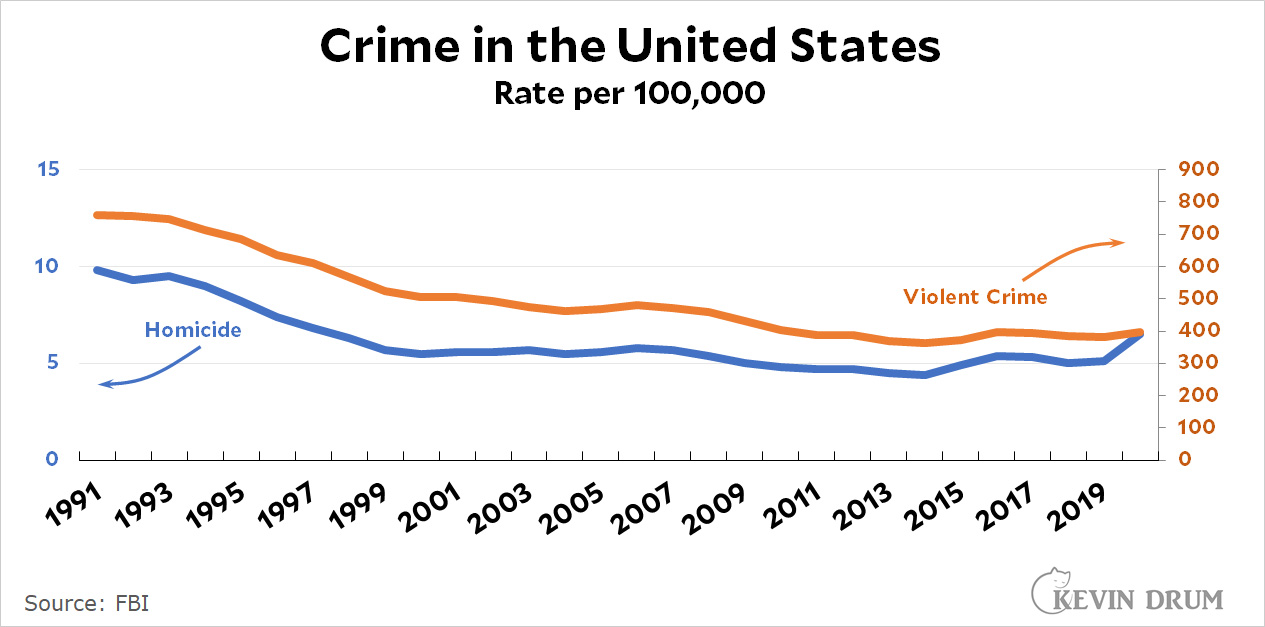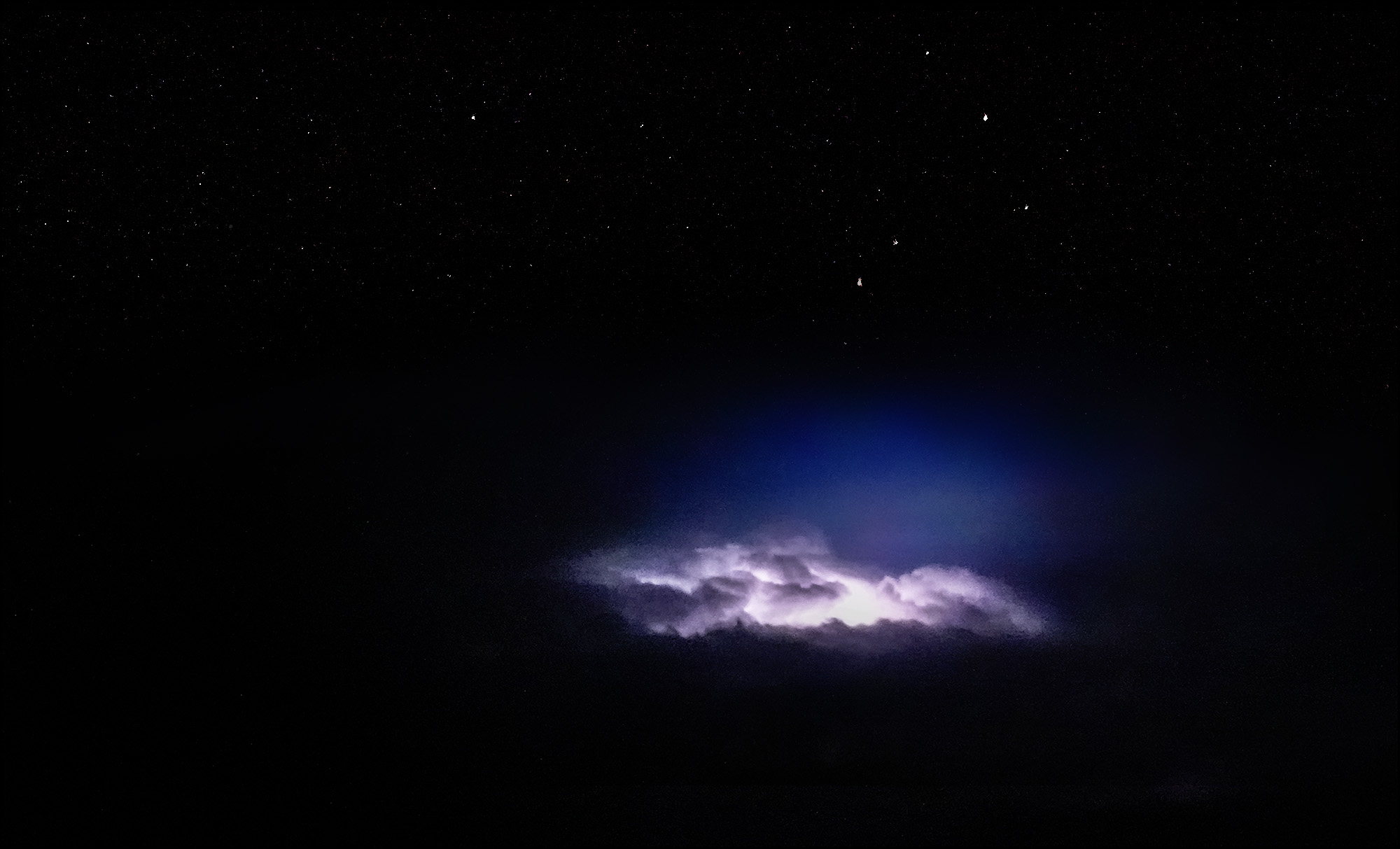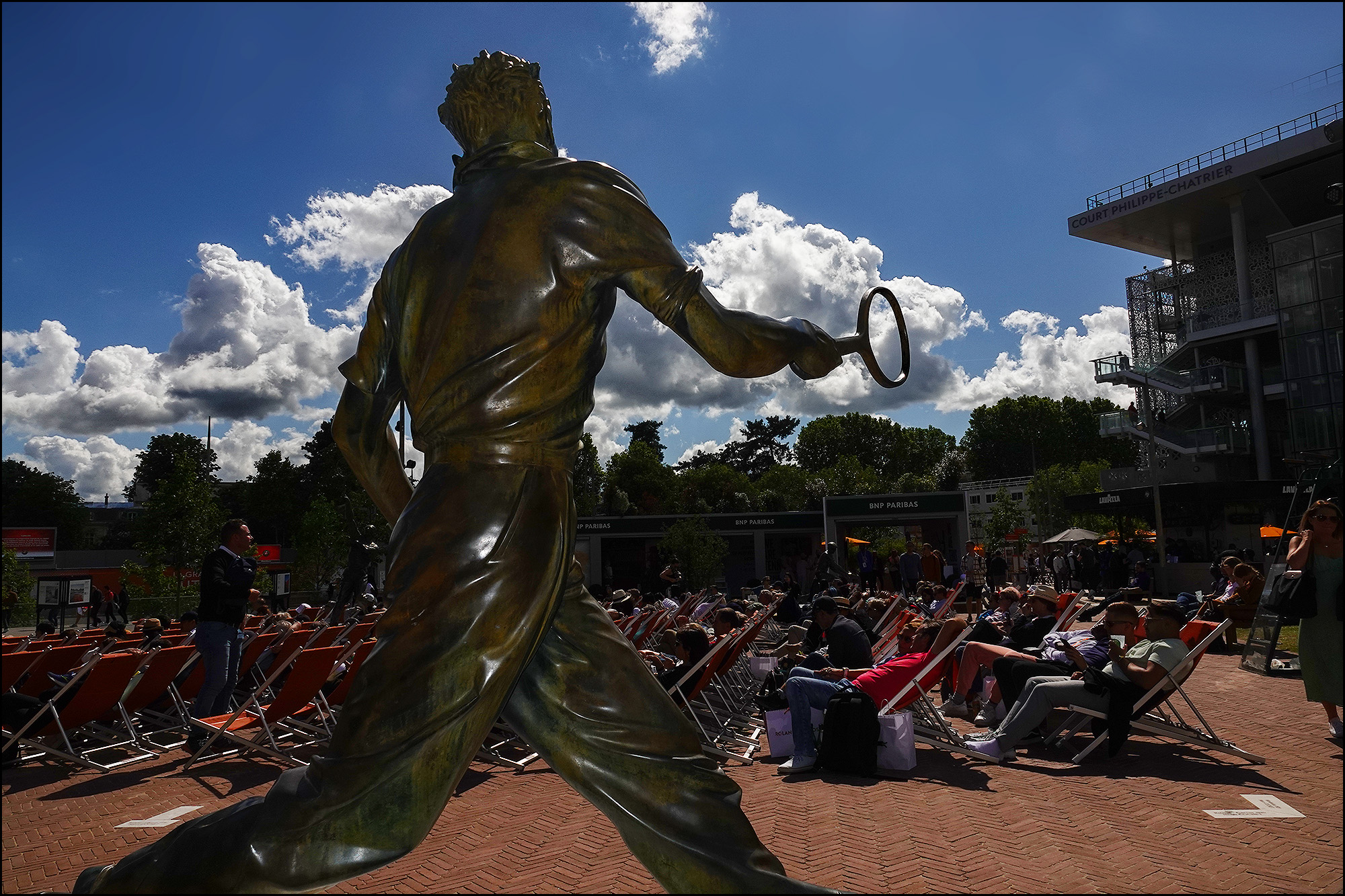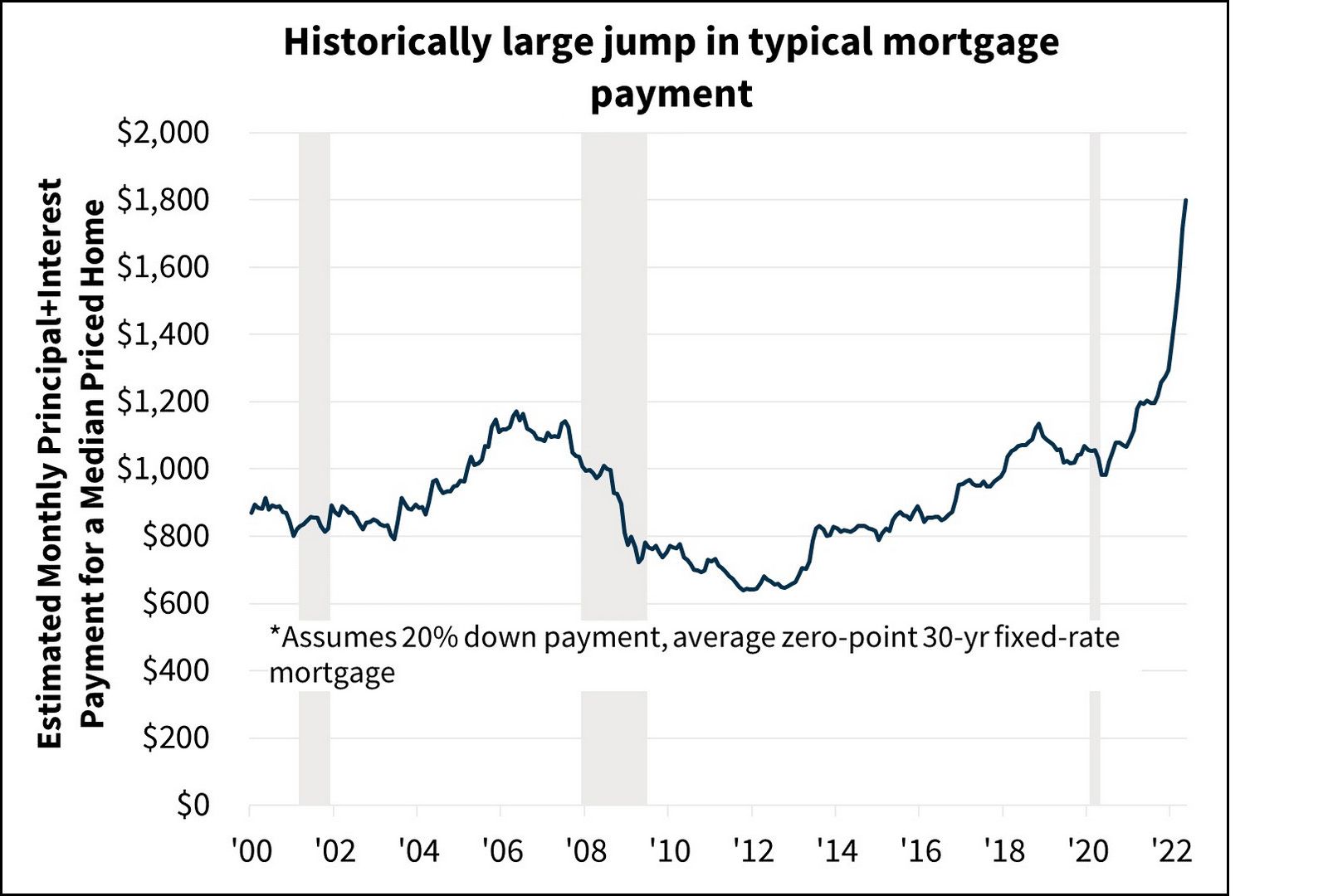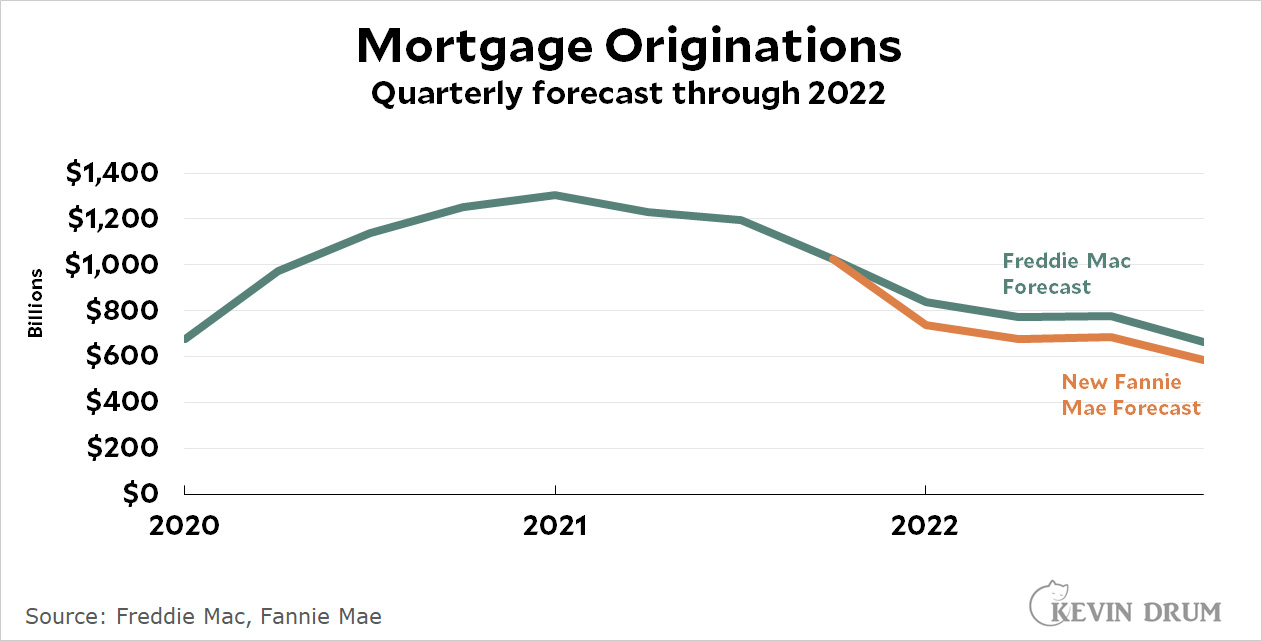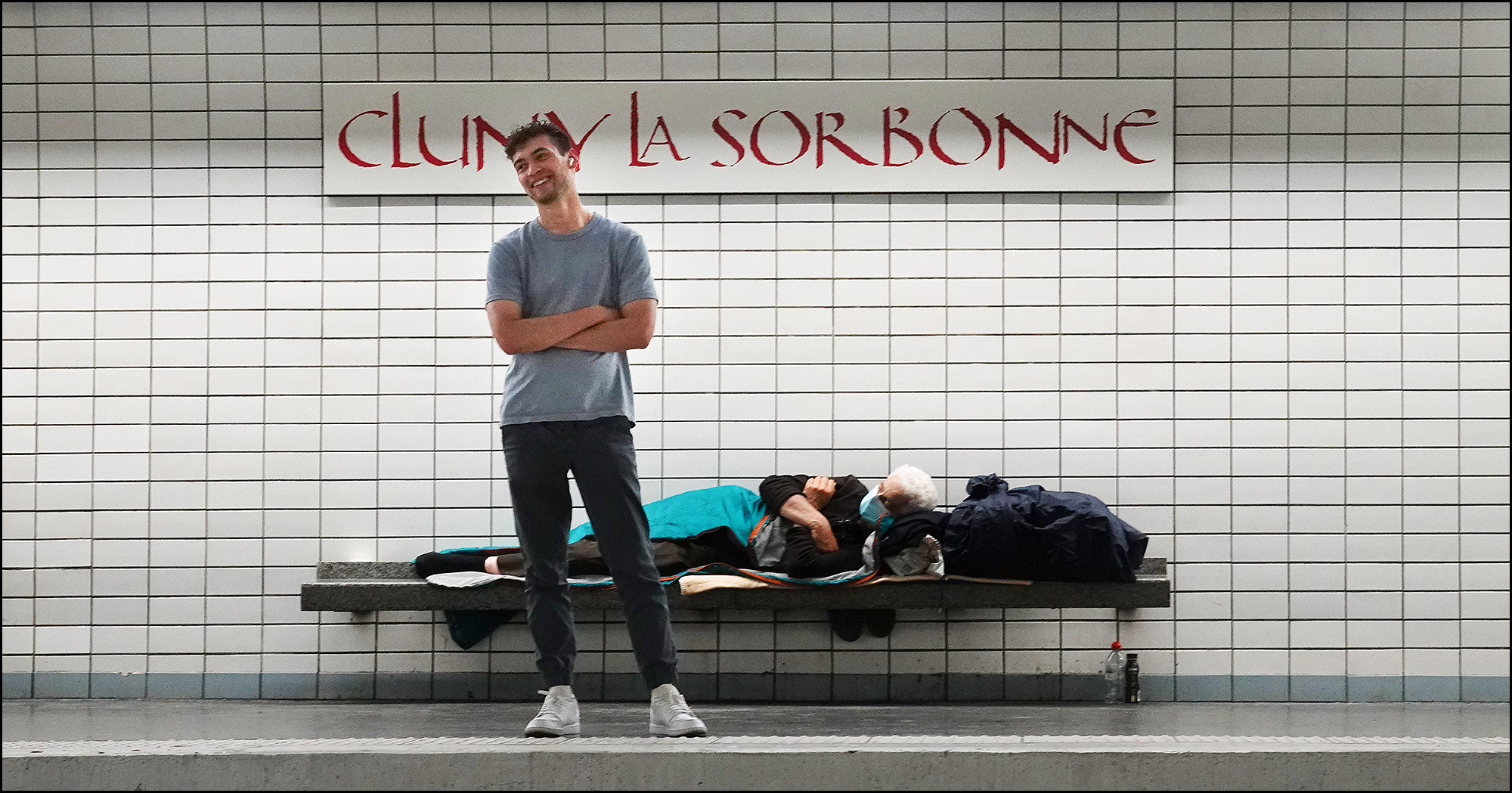President Biden has approved a program of student loan cancellation up to $10,000. Matt Yglesias isn't happy about it:
The student loan cancelation issue is white collar nonprofit workers making the transition from class-in-itself to class-for-itself.
— Matthew Yglesias (@mattyglesias) May 28, 2022
I get Matt's irritation about this. It really is a triumph of relatively privileged young activists who are demanding cancellation of debts that they went into with their eyes open and with signatures on loan documents saying they'd pay them back.
On the other hand, Biden's $10,000 program is also the best compromise available here. It means that by far the biggest share of the money will go not to MBA students and Harvard grads, but to folks who went to community colleges, trade schools, and state universities. These are people who ran up big debts they might not have fully understood in return for fairly workaday degrees. I can live with that.
But there's one piece of this that I continue to think isn't as appreciated as it should be: this is really not a federal problem. If there's a presidential election in progress, then sure, you lobby the president. Anyone would do the same. But the federal government can't cancel pieces of student debt forever, so this is merely a one-time benefit, not a solution to the high cost of university education.
For the vast majority of students, this is a state problem because they're attending state universities. That's who liberals should be lobbying. Conservatives are very good at grinding out policy victories state by state, but it's hard, often unrewarding work. That goes with the territory, though, and this is a case where states are the ones who raised university costs and they're the only ones who can lower them. Anything else is just a bandage on a suppurating wound.


